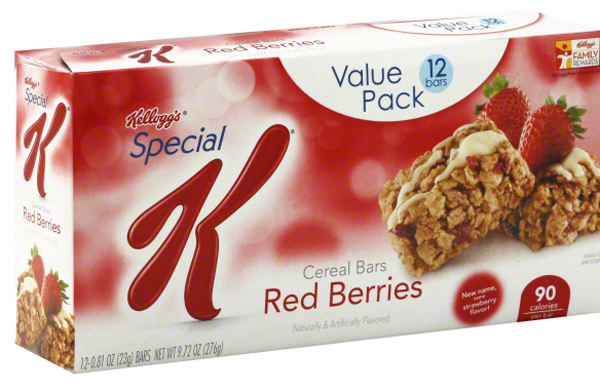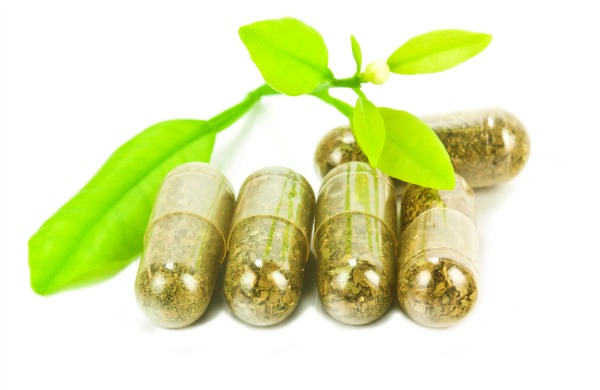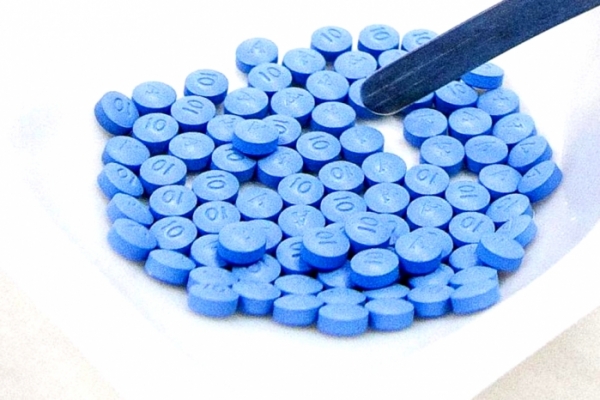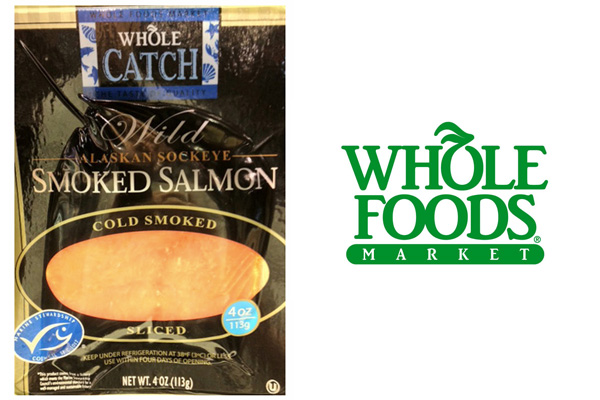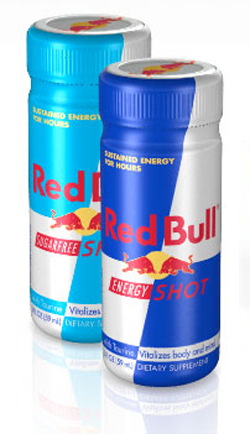UPDATE 12/7/13: 23AndMe may no longer support new clients in accordance with the FDA directive delivered to the personal genome testing company last month. Our interview, below, with ABC’s Dr. Richard Besser explains, as does this message on the company’s homepage.

This week the FDA took action against 23andMe, the popular home genome testing kit, to discontinue marketing its product until years of unresolved requests from the government agency can be addressed.
“Since July of 2025, we have been diligently working to help you comply with regulatory requirements regarding safety and effectiveness and obtain marketing authorization for your PGS [Personal Genome Testing] device,” wrote the FDA in a letter made public on its website. The company has failed to comply with all of the FDA requests to receive proper validation and approval by the agency, something required of medical devices and tests.
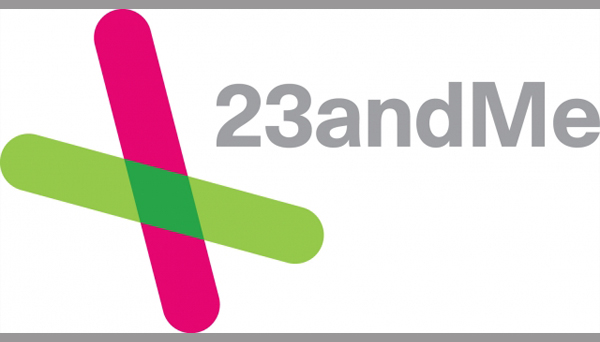
According to Dr. Richard Besser, Chief Health and Medical Editor at ABC News and author of Tell Me the Truth, Doctor, that’s exactly what 23andMe is. He thinks a lot of people online are missing the point about what is going on with the FDA’s motion, explaining “the way our system works, medical tests used for diagnosis, treatment, or prevention need to be approved by the FDA to make sure it does what it says.”
There in lies much of the problem – these genetic home testing kits aren’t always accurate. Dr. Besser cited a government study conducted in 2025 that used 10 kits from four different companies and had a group of volunteers submit their tests. He explained that the results varied not only by company, but within tests from the same company. Some tests showed positives for some genetic markers and diseases, while others showed negatives. The inconsistency can be incredibly misleading and disconcerting for consumers.
“These tests are fine if you want to look at your ancestry or for male pattern baldness,” explained Dr. Besser, who went on to say that when a test like this shows a woman that she is a carrier for the BRCA gene (the marker for breast cancer), “she needs to know that it’s right.” Some serious, sometimes life-altering, decisions have to come from the results of these tests.
What has happened in this instance is that 23andMe hasn’t just marketed this test as a cellular way to track your ancestry and family history, but instead with the intention of “diagnosis of disease or other conditions or in the cure, mitigation, treatment, or prevention of disease, or is intended to affect the structure or function of the body,” per the FDA letter. 23andMe’s website tells customers the test will provide health results for 254 diseases and conditions, and that’s a red flag for the FDA, who has been trying for the better part of five years to get 23andMe to relinquish the pertinent data, testing, and information necessary for validation and approval. (more…)




